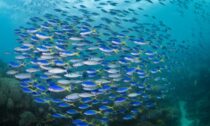
In the face of increasing anthropogenic threats to ecosystems and livelihoods, such as marine pollution, climate change events, and over-exploitation of ocean resources, reshaping our connection with the ocean at all scales and across all of society has become imperative. Through its Challenge 10: “Change Humanity’s Relationship with the Ocean”, the United Nations Decade of Ocean Science for Sustainable Development 2021-2030 (the ‘Ocean Decade’) aims to encourage behavioral changes and ensure the impact of solutions in improving humanity’s relationship with the ocean.
Our collective responsibility extends beyond “sustainable ocean management” and conventional scientific methods, additional data, and good science communication...
Read More


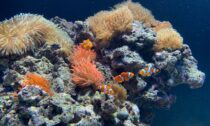

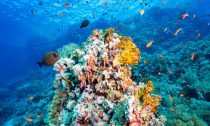
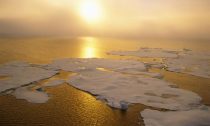
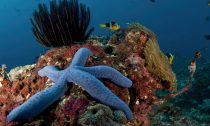
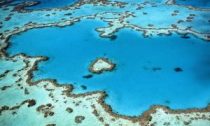




Social Profiles